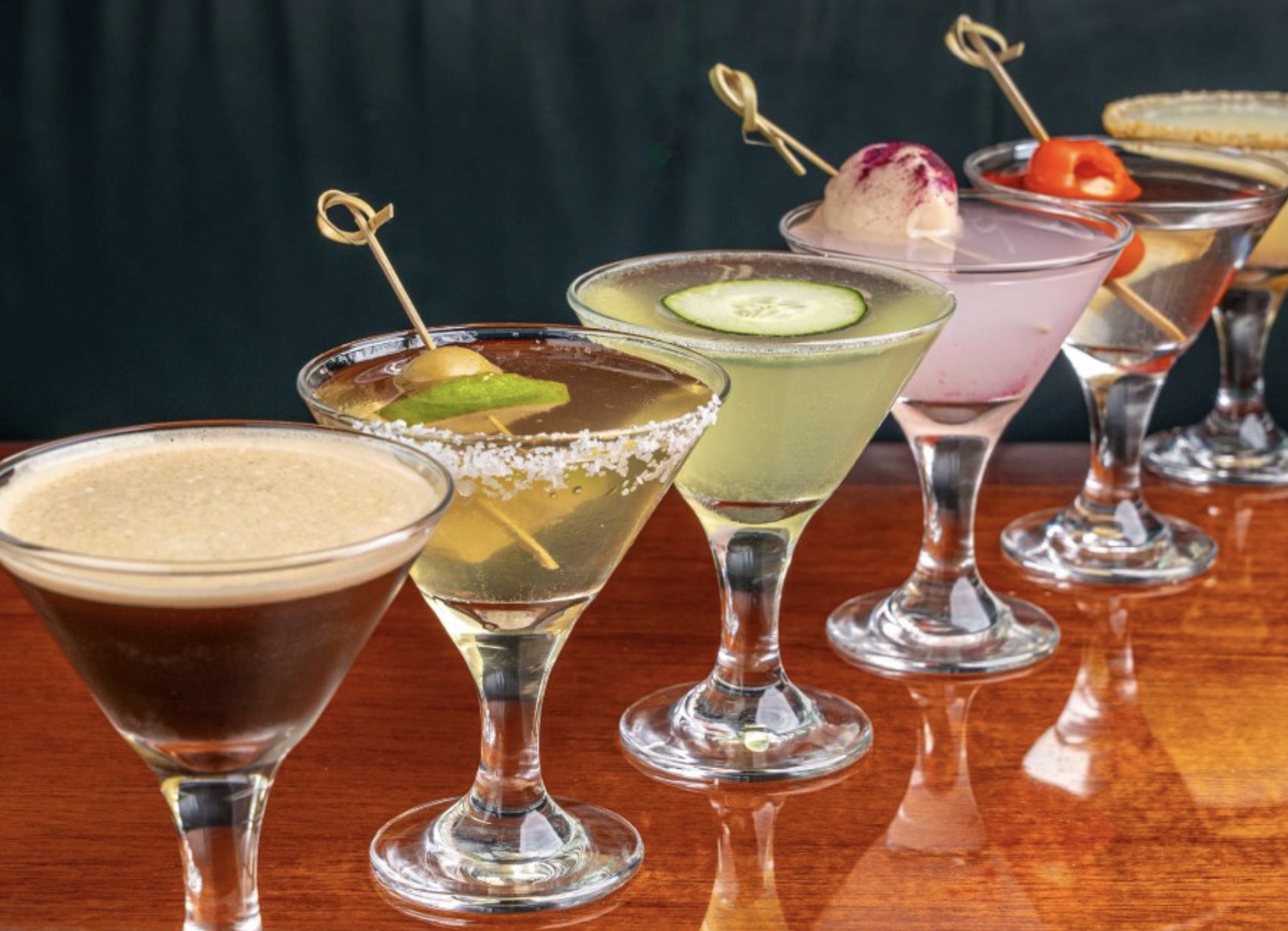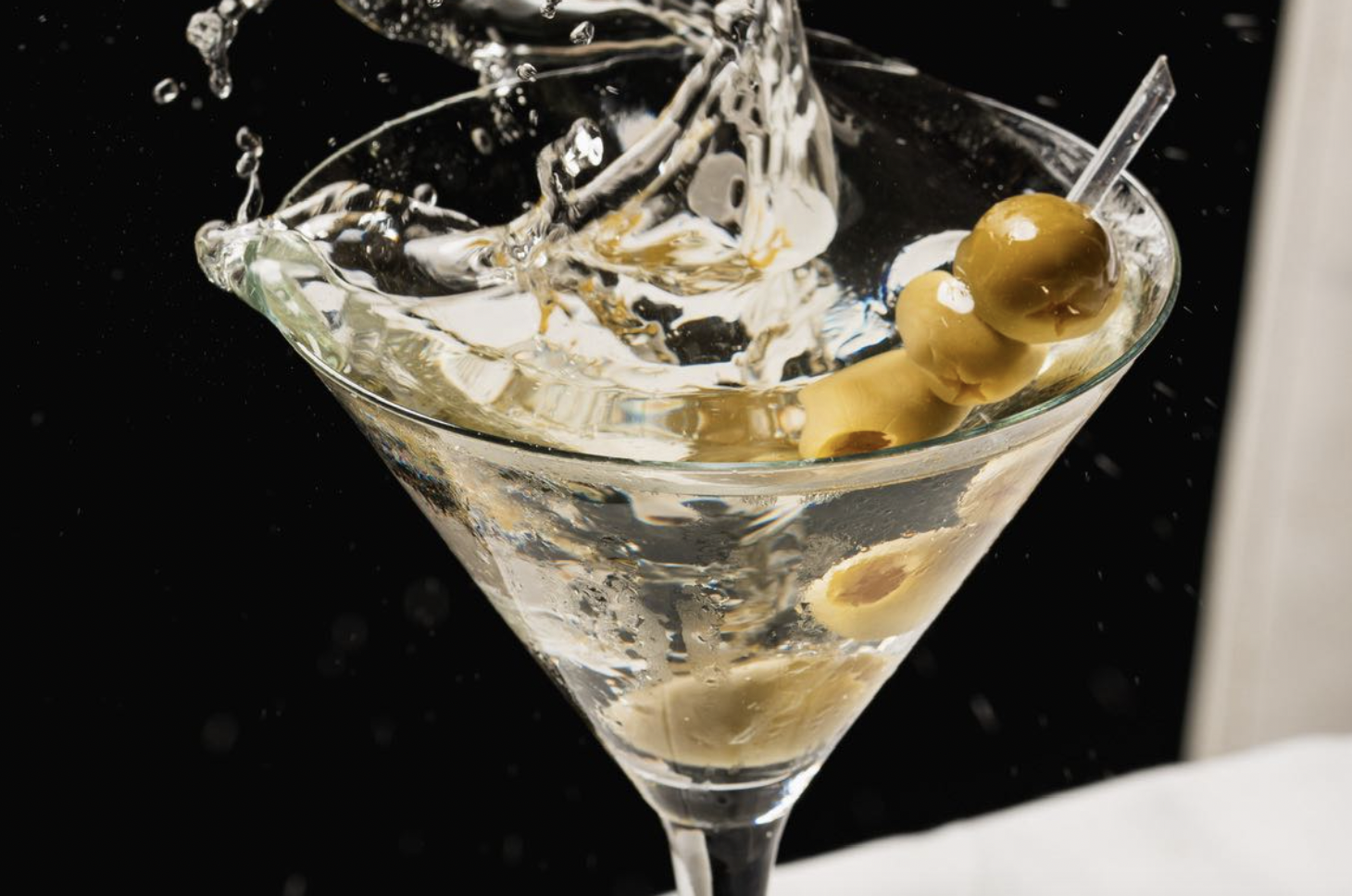
Photo by Nicole Lopez-Alvar

Audio By Carbonatix
Starting soon, you’ll be able to buy a daiquiri without leaving your beach towel. On August 1, the Miami Beach City Commission approved a one-year pilot program allowing alcohol sales directly on the sand. The deal gives beach concessionaire Boucher Brothers exclusive rights to operate kiosks from Fifth to 14th Street and again at 21st Street, selling beer, wine, and cocktails daily from 11 a.m. to 6 p.m.
According to Axios Miami, the city will receive 18 percent of alcohol sales up to $5 million and 20 percent beyond that, with a guaranteed minimum payout of $250,000. The company has also proposed hiring off-duty police officers for enforcement and offering crowd control and drink-limit protocols.
Commissioners backing the move say it could reduce illegal booze vendors and provide new income for the city. “I’d rather have something that’s regulated than having margaritas sold out of people’s backpacks,” Commissioner Joe Magazine said during a June finance committee meeting, per Axios.

Local bars and restauants may be affected
Joe’s Stone Crab photo
This year, make your gift count –
Invest in local news that matters.
Our work is funded by readers like you who make voluntary gifts because they value our work and want to see it continue. Make a contribution today to help us reach our $30,000 goal!
Hospitality Group Warns of Fallout
But not everyone sees it as a win. F+B Hospitality Brokerage, a hospitality real estate brokerage that constantly advocates for Miami’s bars, restaurants, and nightlife, took to Instagram to discuss the decision.
“Let’s not pretend like the hospitality industry isn’t already gasping for air,” the group wrote. “Spring break restrictions tanked business. Bars are seeing 30 percent drops in sales. And now they have to compete with daiquiris on the sand?”
F+B criticized the deal’s exclusivity, arguing that it freezes out small bars along Ocean Drive and Washington Avenue.
“Just one company with exclusive rights… and the rest of y’all fend for yourselves.”
A Close Vote – and No Guarantees
The resolution passed 5 to 2. One of the dissenting votes came from Commissioner Tanya Katzoff Bhatt, who urged a limited trial before expanding the program.
“I would like to try this out in a section [of the beach] before we enter into a citywide agreement for multiple years,” Bhatt said.
Though the contract gives Boucher Brothers a significant role, the city retains the right to cancel the agreement at any time.

Prime 112 makes incredible dirty martinis
Prime 112 photo
Bars Left Off the Beach
F+B’s main criticism wasn’t about regulation, it was about who got left out. While city officials framed the pilot as a safety and revenue play, the group argued the $250,000 in guaranteed income “is nothing if even a few bars go under.” “We’ve seen what happens when nightlife gets clipped… layoffs, closures, and a downtown that dries up.”
The opposition isn’t opposed to the idea of safer, legal alcohol sales on the beach. Their message is about balance and making sure local businesses aren’t shut out of tourism-driven policy. “This isn’t just about cocktails – it’s about who gets to stay in business.”